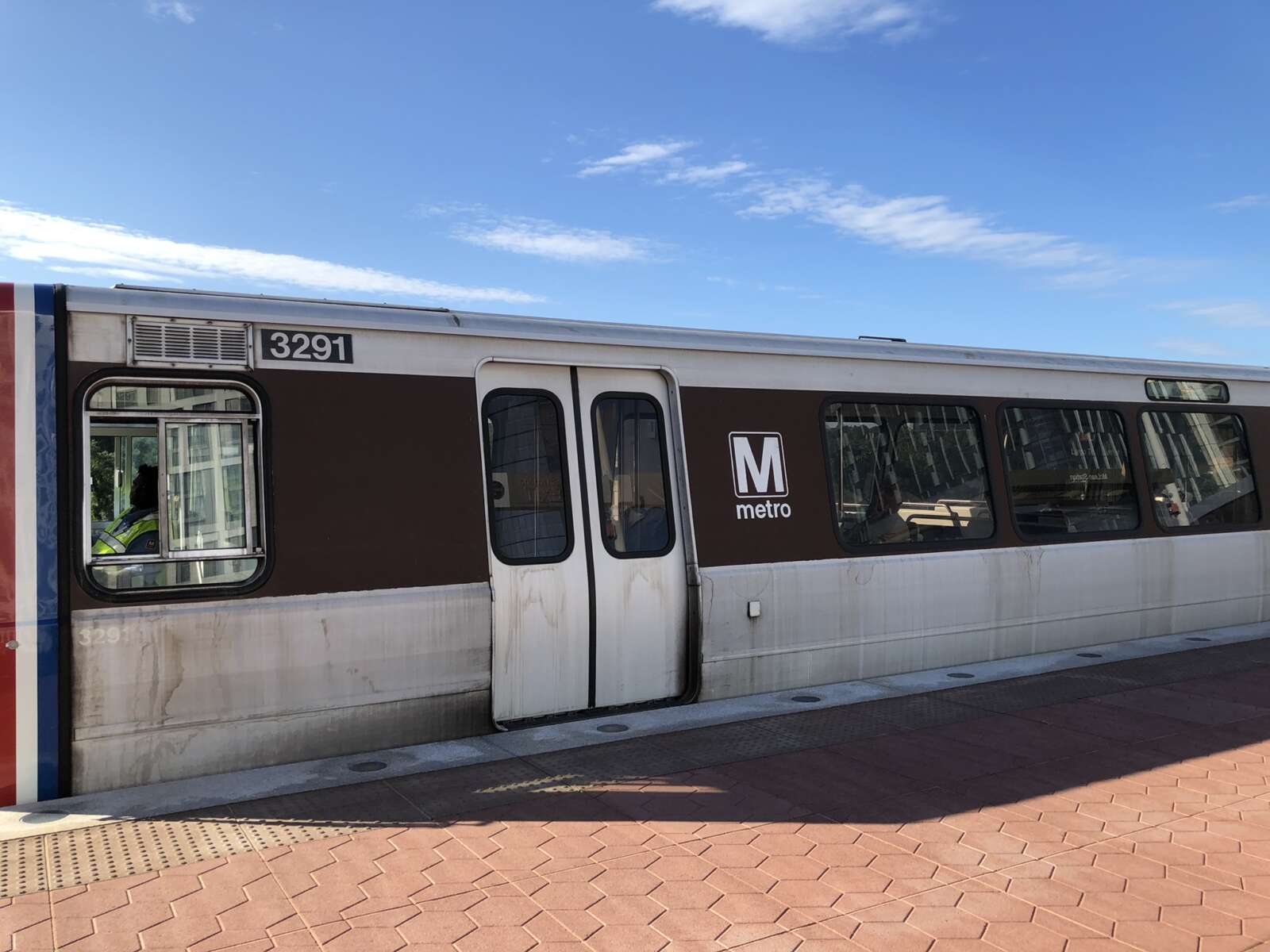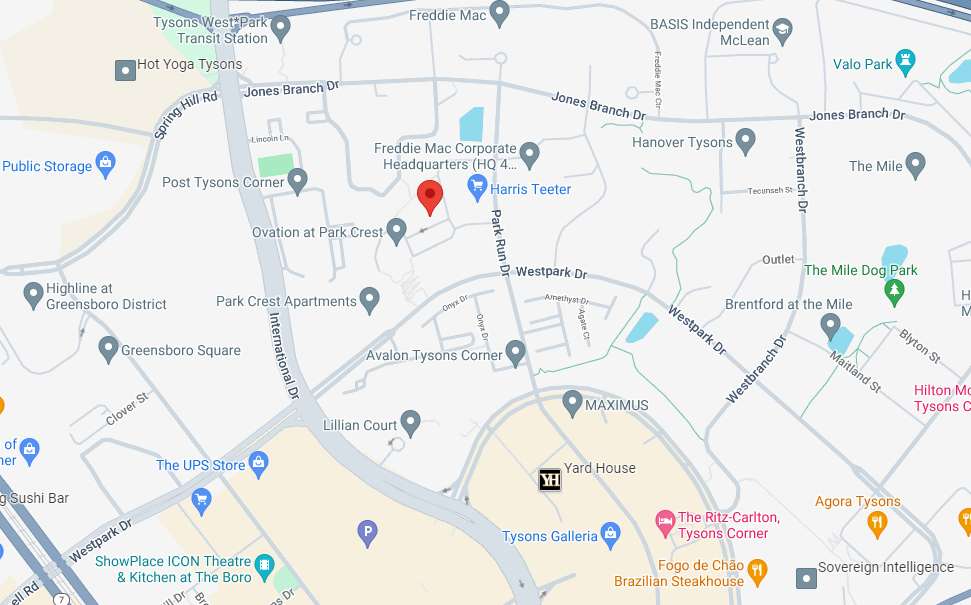This regularly-scheduled sponsored Q&A column is written by Val Sotillo, Northern Virginia-based Realtor and Falls Church resident. Please submit your questions to her via email for response in future columns. Enjoy!
Question: We are planning to buy our first house in 2020 and we’re trying to set up a budget. What advice do you give clients to help them decide how much of a mortgage they can afford?
Answer: Spend too much and you’ll have a half-empty home for a few years. Don’t spend enough and you may be moving sooner than you hoped. This week we’ll break down some of the conversations I have early on with clients as they’re deciding how much mortgage they can afford.
How Much Can You Really Spend?
The first thing you’ll want to do is determine how much you’re allowed to spend by talking with a lender who will provide an honest, detailed review of your finances to let you know what your maximum loan and monthly payment amount is. A good lender will also serve as a valuable advisor as you plan your budget.
Length of Ownership
The amount of time you expect to own your home is extremely important in your home-buying strategy and often glossed over.
If you are buying a 3-5 year home (accurate for many first-time buyers) your focus should be on value and keeping your cost down so that you give yourself room to save for your next purchase, which is likely a longer-term home. Your income and inflation are less likely to increase significantly in that time, so an expensive monthly payment now will still feel expensive in 3-5 years.
If you are buying a 10-15+ year home, the greatest value you’ll generate is choosing a home that suits you and your family long-term. The cost of buying something too small or too far from work that leads to a sale halfway through your intended ownership period is often much higher (taxes, commissions, closing costs, moving costs, etc) than the cost of moving into a slightly uncomfortable range of your budget.
Your mortgage payment hopefully won’t feel expensive forever if you’re in the first half of your professional career because you’ll likely have significant increases in income and, over time, the effects of inflation will minimize the stress of your mortgage (if it’s a fixed rate mortgage).
Monthly vs Down Payment
I find that most people based their budget on their savings and thus, the amount they have to put down towards a max purchase price. Remember a home mortgage isn’t the only recurring expense. Don’t forget to consider how much you’re comfortable spending each month which includes your mortgage, taxes (assume annual increases), applicable condo or HOA fees and homeowner’s insurance. This doesn’t include a budget for maintenance and repairs, which should be estimated at an annual expense of 1-2% of your home’s value.
Savings is clearly an important factor in what you can afford. Your savings determines the amount you can put down; although with solid loan products available with as little as 3% down, many buyers qualify for a lot of house with little savings.
In addition to your down payment, you’ll pay 2-3% of the purchase price in closing costs like taxes, fees, insurance and escrows (closing costs can be paid by the seller). Finally, don’t forget about what you’ll need after you close — moving and furniture add up quickly and you should always have 3-6 months of fixed/living expenses in savings in case of emergency.
Don’t Tempt Yourself
Once you decide on your budget, don’t allow yourself to visit properties that are highly unlikely to drop within your budget. One of the easiest ways to derail your progress is visiting homes 10-20% over budget, leading you to desire features that only exist together in homes you can’t afford. Save the window shopping for another time if you’re serious about buying a home now.
Ultimately, the best way to decide how much mortgage you can afford is to plan ahead by establishing a relationship with a lender and taking enough time to explore your options with an agent who understands the market and your needs.
With enough planning and work, you’ll be able to decide for yourself if the mortgage you can afford gets you the home you want, or if paying rent for another year is better than paying a mortgage.
If you’d like more information, or would like a question answered in my bi-weekly column, please reach out to [email protected]. I hope to hear from you soon.
Val Sotillo is a licensed Realtor in Virginia, Washington D.C., and Maryland with Real Living At Home, 4040 N. Fairfax Drive, Suite #10C Arlington, VA 22203, 703-390-9460.






